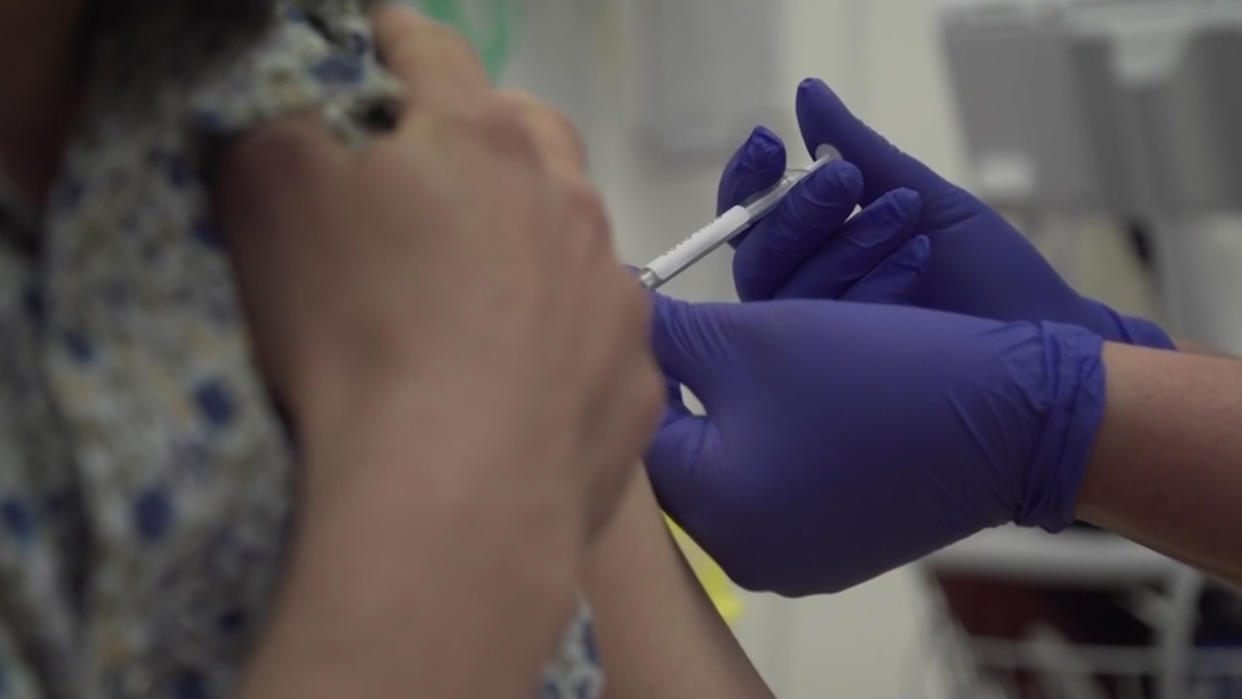Vaccine trial to recruit 'very healthy' over-55s for next stage of testing

The next phase of testing for a coronavirus vaccine will focus on how older adults’ immune systems respond, the Oxford University vaccine group has said.
Professor Andrew Pollard, director of the group, said the first phase of the testing looked at the vaccine’s safety in people under 55.
The next steps will now look at whether older adults have a similar immune response, he told BBC Breakfast on Friday.
That will involve recruiting “very healthy individuals” for the trials, he said.
The development of a coronavirus vaccine is seen as one of the key milestones in controlling the spread of the virus.
The government has previously said that if the COVID-19 vaccine candidate developed by Oxford University proves successful in human trials then up to 30 million doses for the UK could be available by September.
Researchers at the Oxford Vaccine Group began testing the vaccine candidate ChAdOx1 nCoV-19 in humans on April 24 to see whether it could protect healthy people from coronavirus.
Speaking about the next phase of the testing, Prof Pollard said: “Now we are looking at whether older adults have a similar immune response, then looking at those in the front line.
“There are two groups, the first are those over the age of 55, and they are divided into those being 55 and 70, and those who are over 70.
“And in that group we are looking very closely at immune responses, particularly in the oldest adults where often immune responses are a bit weaker (than) in younger adults.”
He said a second group of 10,000 frontline workers will also participate in the study.
Asked who should come forward to take part, Prof Pollard said “very healthy individuals” will be initially selected.
Coronavirus: what happened today
Click here to sign up to the latest news, advice and information with our daily Catch-up newsletter
Read more about COVID-19
How to get a coronavirus test if you have symptoms
What you can and can’t do under lockdown rules
In pictures: How UK school classrooms could look in new normal
How public transport could look after lockdown
How our public spaces will change in the future
Help and advice
Read the full list of official FAQs here
10 tips from the NHS to help deal with anxiety
What to do if you think you have symptoms
How to get help if you've been furloughed

 Yahoo News
Yahoo News 


